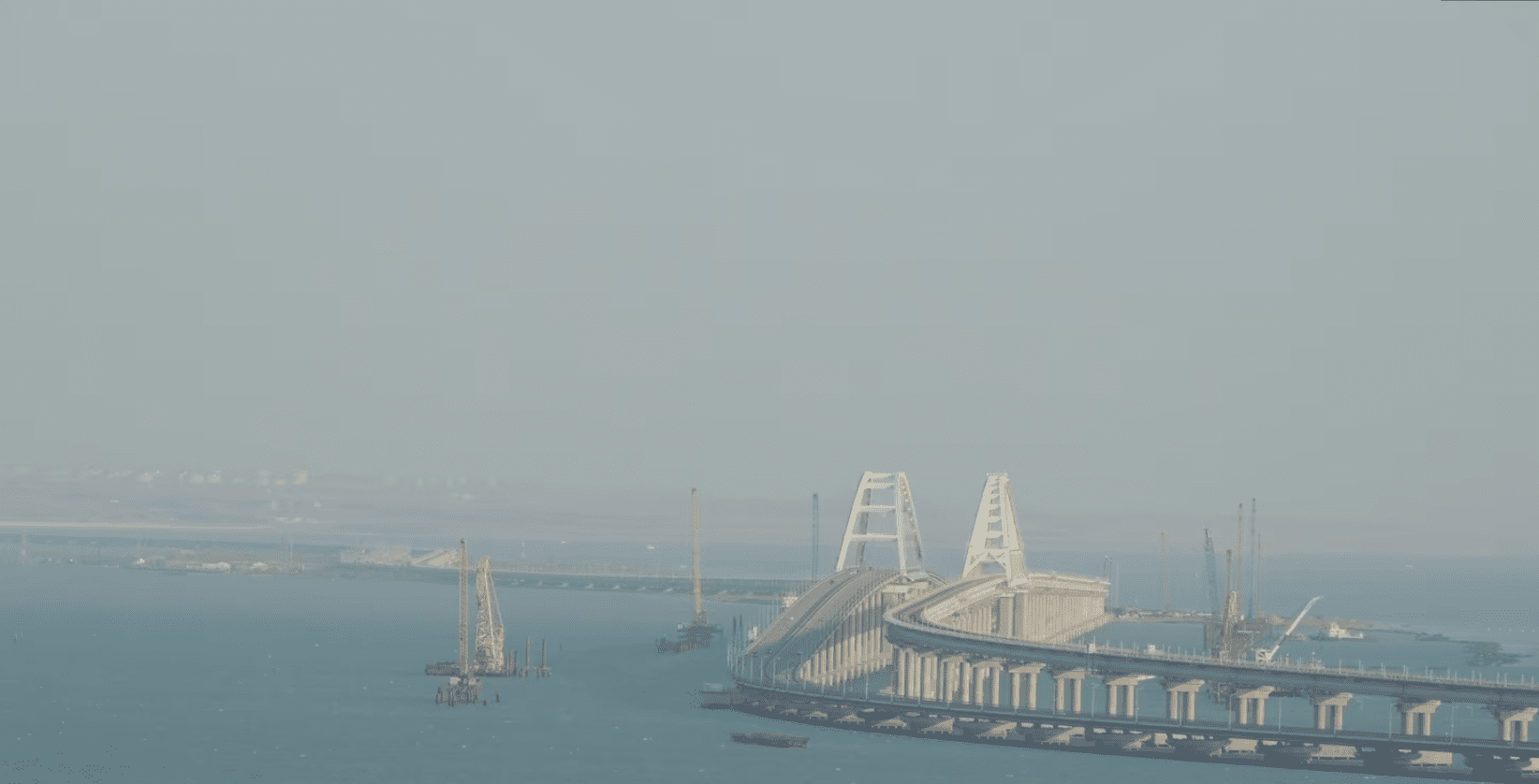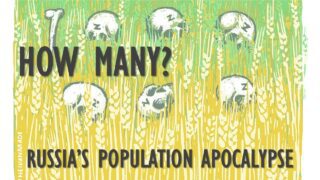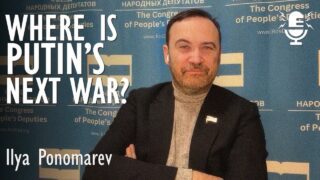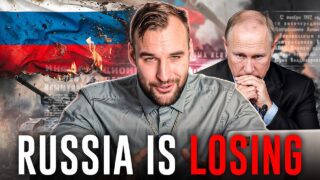
Russian occupation transforms Crimea’s demographics with 35% population replacement over 10 years, says expert
Since Crimea’s annexation in 2014, Russian authorities have replaced more than 35% of the peninsula’s population, Acting Permanent Representative of the President of Ukraine in Crimea, Olha Kuryshko, told Tyzhden.
The human rights situation in occupied Crimea has deteriorated significantly since Russia’s annexation in 2014, marked by widespread violations and systematic repression of dissent. The UN Human Rights Monitoring Mission in Ukraine has documented numerous abuses, including unlawful detentions, enforced disappearances, and torture, particularly targeting Crimean Tatars and pro-Ukrainian activists.
Kuryshko noted that a sociological study by the Kyiv International Institute of Sociology on the cognitive de-occupation of Crimea revealed significant changes in the ethnic structure of the region’s population since the annexation.
It showed that Russian authorities organized mass resettlement of Russian citizens to Crimea and, after 2022, forcibly relocated individuals from newly occupied Ukrainian territories.
“The estimated number of new people arriving in Crimea is approximately one million. At the same time, thousands of Ukrainian citizens were forced to leave their homes due to systematic persecution, repression by the occupiers, militarization, rejection of the occupation, and unwillingness to live under it,” she explained.
Kuryshko added that for a region with a population of about 2.5 million, this means that, even by conservative estimates, over 35% of the residents have been replaced during a decade of occupation.
Earlier, Deputy Permanent Representative of the President of Ukraine in Crimea, Denys Chystikov, said that in 2024, Russia conscripted 5,500 residents of Crimea into its army, bringing the total number mobilized since 2022 to 20,000, Espreso reports.
Additionally, around 500 Crimean residents have been convicted for refusing to serve in the occupying forces.
Read also:













